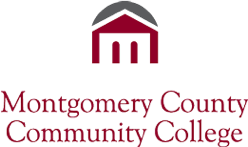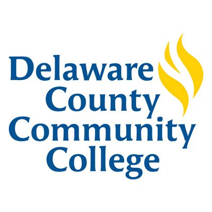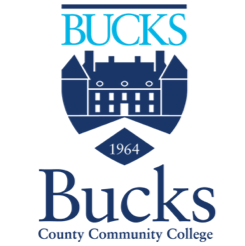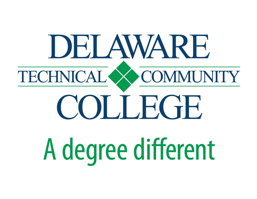 CHALLENGE
CHALLENGEFor college credit to transfer into Neumann University, the following criteria must be met:
- You took courses at an academically accredited, degree-granting institution.
- You earned a grade equivalent to a "C" or higher (2.0 on a 4.0-point scale).
- The courses are considered comparable in content, nature, and intensity to those offered at Neumann University.
With the offer of admittance, all applicants will receive a preliminary credit evaluation.
 = 1 million, Graduates with a Bachelor’s Degree
= 1 million, Graduates with a Bachelor’s Degree = 1 million, Graduates with an Associate’s Degree
= 1 million, Graduates with an Associate’s Degree = $100,000
= $100,000










![NU Tranferring Ebook[3]](https://explore.neumann.edu/hs-fs/hubfs/NU%20Tranferring%20Ebook%5B3%5D.png?width=334&name=NU%20Tranferring%20Ebook%5B3%5D.png)





